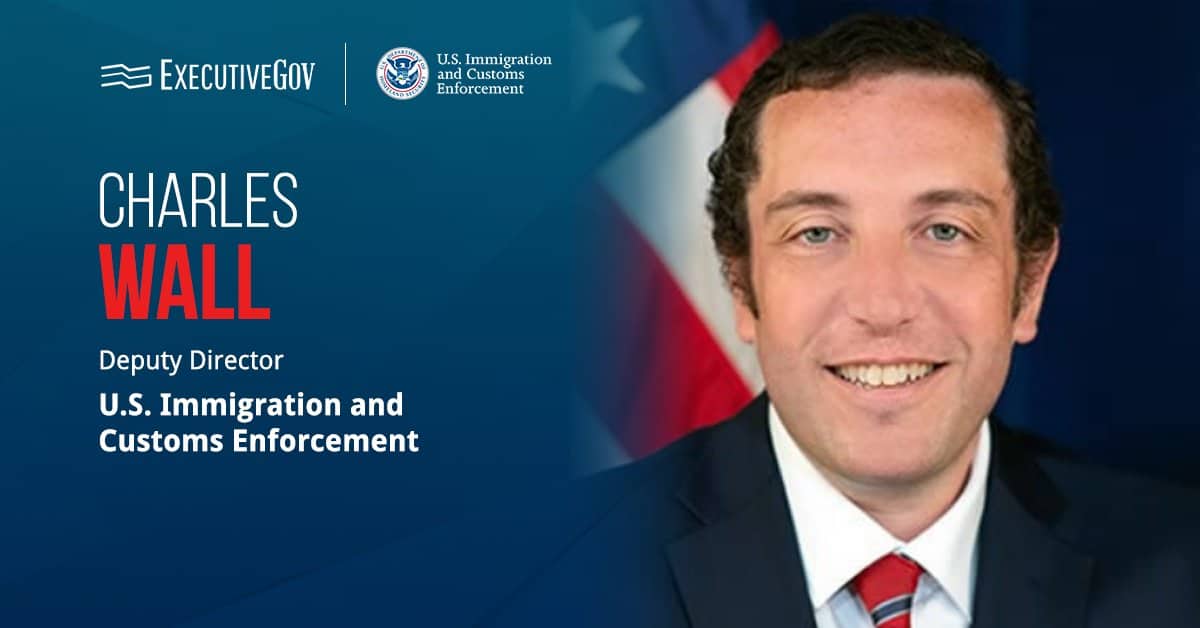Johns Hopkins University Applied Physics Laboratory has received a $9.3 million sole-source contract to provide engineering, management, technical and operational support services to the Department of the Air Force’s Chief Architect Office.
The U.S. Air Force is obligating $1.6 million at the time of award from its fiscal 2022 research and development funds and expects contract work to conclude by March 31, 2023, the Department of Defense said Thursday.
APL will support the office led by DAF Chief Architect Preston Dunlap, who previously served as executive for national security analysis at the university-affiliated research organization.
Dunlap assumed his current position in March and oversees efforts to develop a suite of systems, such as the Air Force’s Advanced Battle Management System, for use in cross-domain operations.





